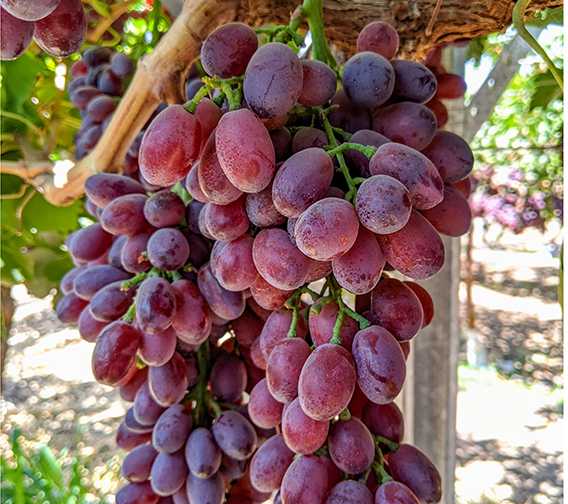Science Will March On Despite Biotechnology Doubts
You may have read of a recent report slamming biotechnology that I find disturbing. Titled “Failure to Yield: Evaluating the Performance of Genetically Engineered Crops,” the report, which was released by the Union of Concerned Scientists (UCS), questions biotechnology’s ability to increase crop yields. The report claims that traditional breeding is far more effective, a claim that doesn’t seem to gibe with facts contained in USDA’s 2009 Summary Crop Production Report. Such as the fact that 80% of the nation’s corn acreage is planted with biotechnology varieties, and yields have increased 36% since 1995, the last year before biotech varieties were commercially planted. In addition, with about 92% of the U.S. soybean acreage now planted with biotech varieties, soybean yields have increased 12% since 1995.
The Biotechnology Industry Organization (BIO) issued a statement in response to the UCS report that I believe raises some valid points. In case you’re unfamiliar with this group, BIO represents more than 1,200 biotechnology companies, academic institutions, state biotechnology centers, and related organizations across the U.S., and in more than 30 other nations.
“Biotech crops help to provide for more sustainable agricultural production. The benefits include a reduction in the environmental impacts of agriculture, increased production on the same amount of acreage, improved food quality, and increased farmer incomes,” said Sharon Bomer Lauritsen, BIO’s executive vice president, Food and Agriculture. “It’s absurd to deny biotechnology’s contribution, among other factors, to increased crop production. Since the introduction of agricultural biotechnology in 1996, we have seen double-digit growth in corn and soybean yields.”
The ‘Frankenfood Myth’
It is indeed absurd to dismiss biotechnology. And it’s dangerous. We’ve got a lot of mouths to feed on this planet, and we’re adding more every day, especially in developing countries. “The fact is, marker-assisted breeding has nearly doubled the rate of yield gain when compared to traditional breeding alone. In developing countries, where resources to effectively control weeds and insects are often limited, these traits have increased yield substantially,” Lauritsen states.
Another reason I find the UCS report disturbing is the damage it can do to the use of biotechnology in other crops, such as vegetables. I’ve been out at seed trials where vegetable breeders have told me that eventually biotechnology will be used in the development of terrific new varieties with increased yields and pest and disease resistance. Then they invariably say they don’t be want to be quoted as saying that, for fear of public backlash, i.e. the “Frankenfood Myth.”
That’s pretty scary when you think about it. Scientists shouldn’t be afraid to discuss the truth. I can only take solace in the belief that science will eventually march on, and the Luddites will be left behind. Ever heard the memorable statement by a scientist at the dawn of locomotive travel that the human body couldn’t tolerate speeds in excess of 50 miles per hour? Makes you wonder if the UCS existed back then.








